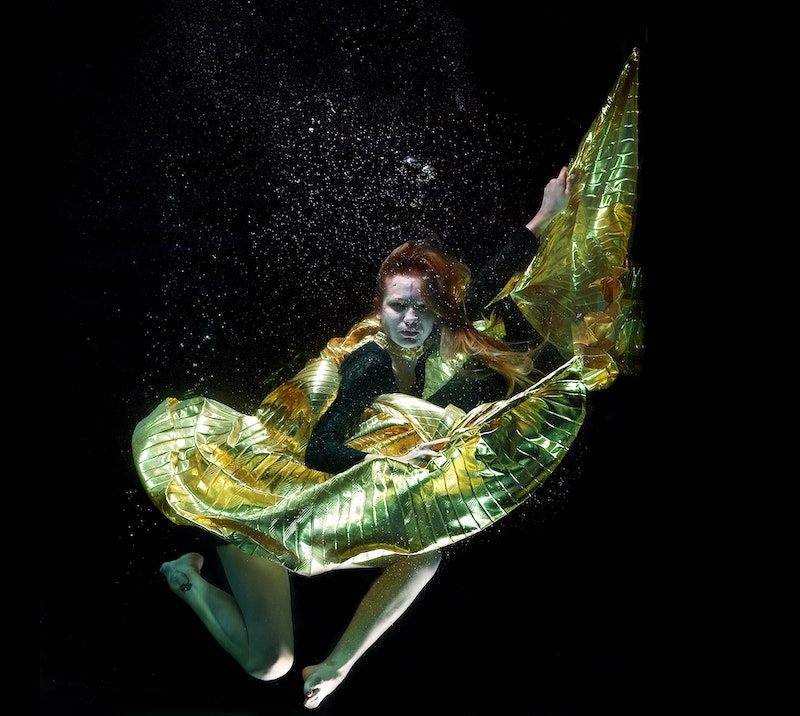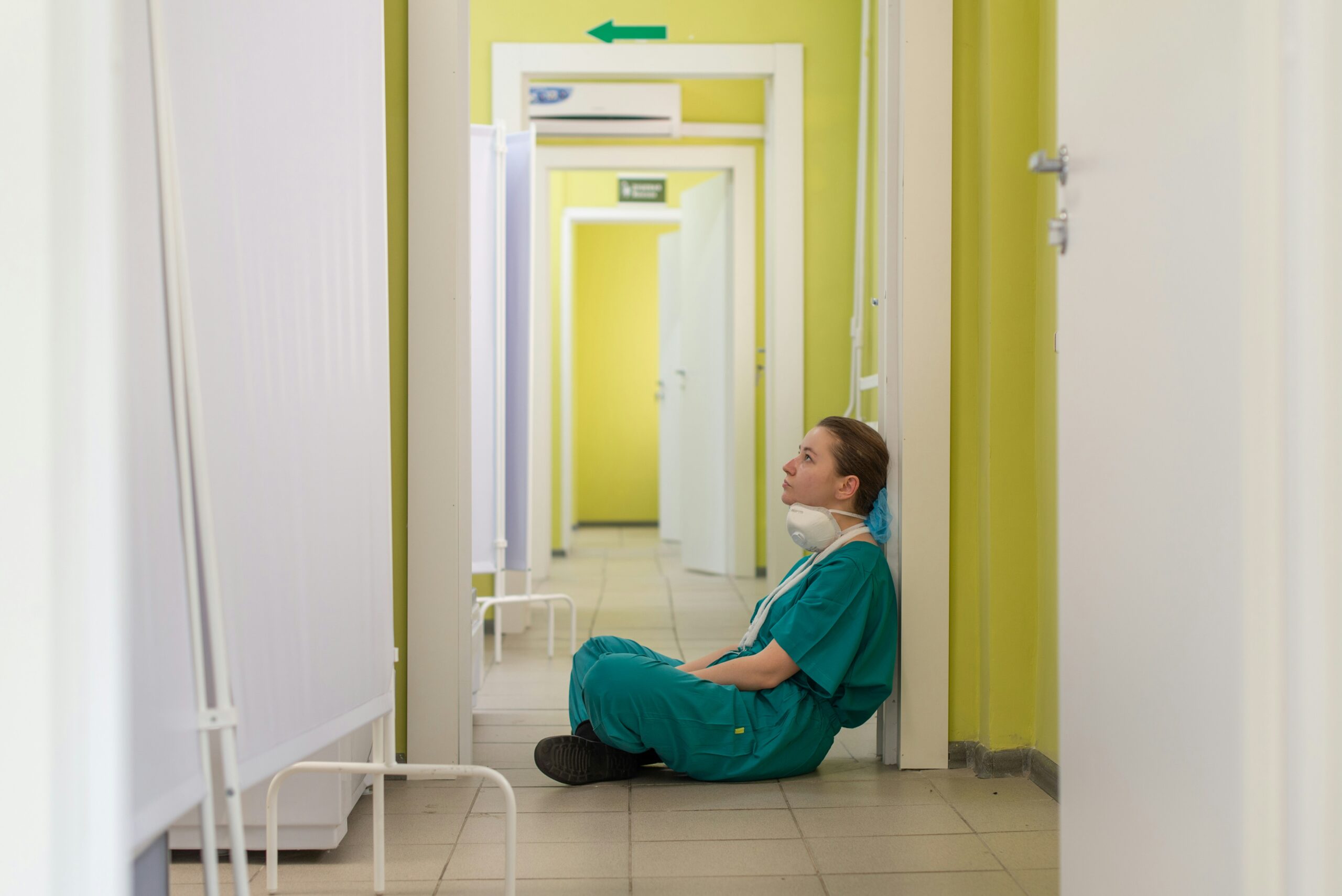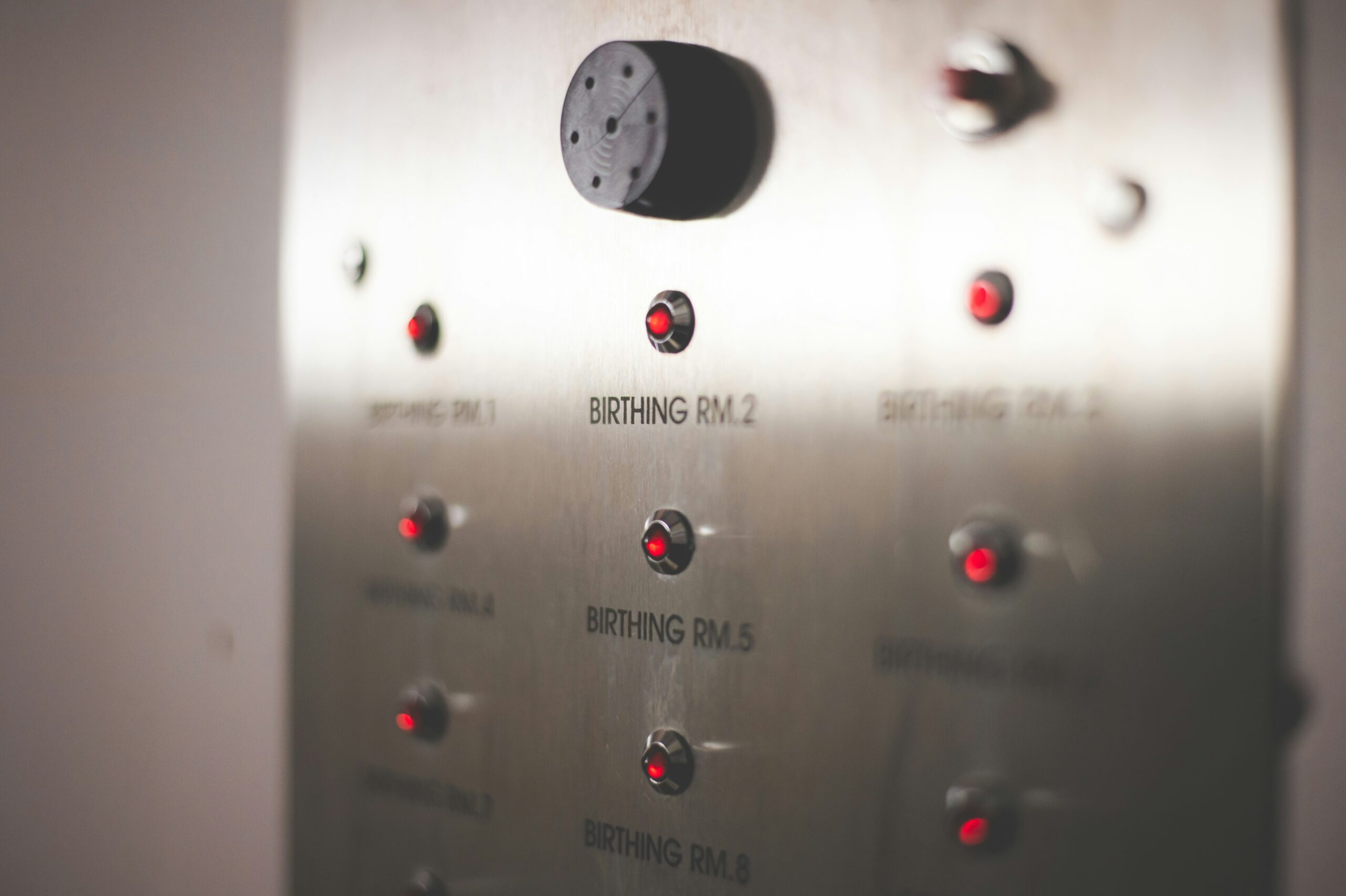




The Lost House
Olivia’s sense of self is fractured after a harrowing near-drowning leaves her in a coma. As her family unravels by her bedside, Olivia is catapulted between intensive care and a mysterious Queenslander house nestled on the fringe of an untouched rainforest. Drawn into the mesmerising valley, she must find a way to connect with Luca, the only other human, in a spellbinding journey of self-discovery. This tender exploration taps into intricate family dynamics, trauma and the environment that lingers long after the last page is turned.
Shortlisted: the 2024 Dorothy Hewett Manuscript Prize & Varuna Residential. Awarded, 2019 Byron Bay Residential,
Making the Invisible, Visible
The year is 2004. In a small room located in the basement of a New York hotel, two hundred people have gathered. With all the seats taken, some stand in the aisles, others sit cross-legged on the floor. As a diminutive woman with a fierce streak of grey in her short hair takes to the stage, the applause is deafening. Maureen Murdock has arrived.
How a Skeleton Found New Skin
Using myth and story in the psychotherapy sphere is a hugely transformative. We’ve done it since humans could speak. In this essay for the Gestalt Journal, GANZ, I argue how the myth, The Skeleton Woman, can be used in a reproductive arena to work with women struggling with miscarriage, fertility challenges and trauma.
Clinicalising Women’s Health
MUTHA MAGAZINE: Clinical language used during women’s reproductive years fundamentally impacts women in labour, during rounds of IVF, or those suffering miscarriage or loss. During a miscarriage, Kimberley Lipschus reflects on the impact of her clinicalisation and the aftermath.
Excavate My Contents
MAMAMIA: While enduring a heart-wrenching miscarriage, writer and filmmaker Kimberley Lipschus was handed a form titled, Excavation of Contents.